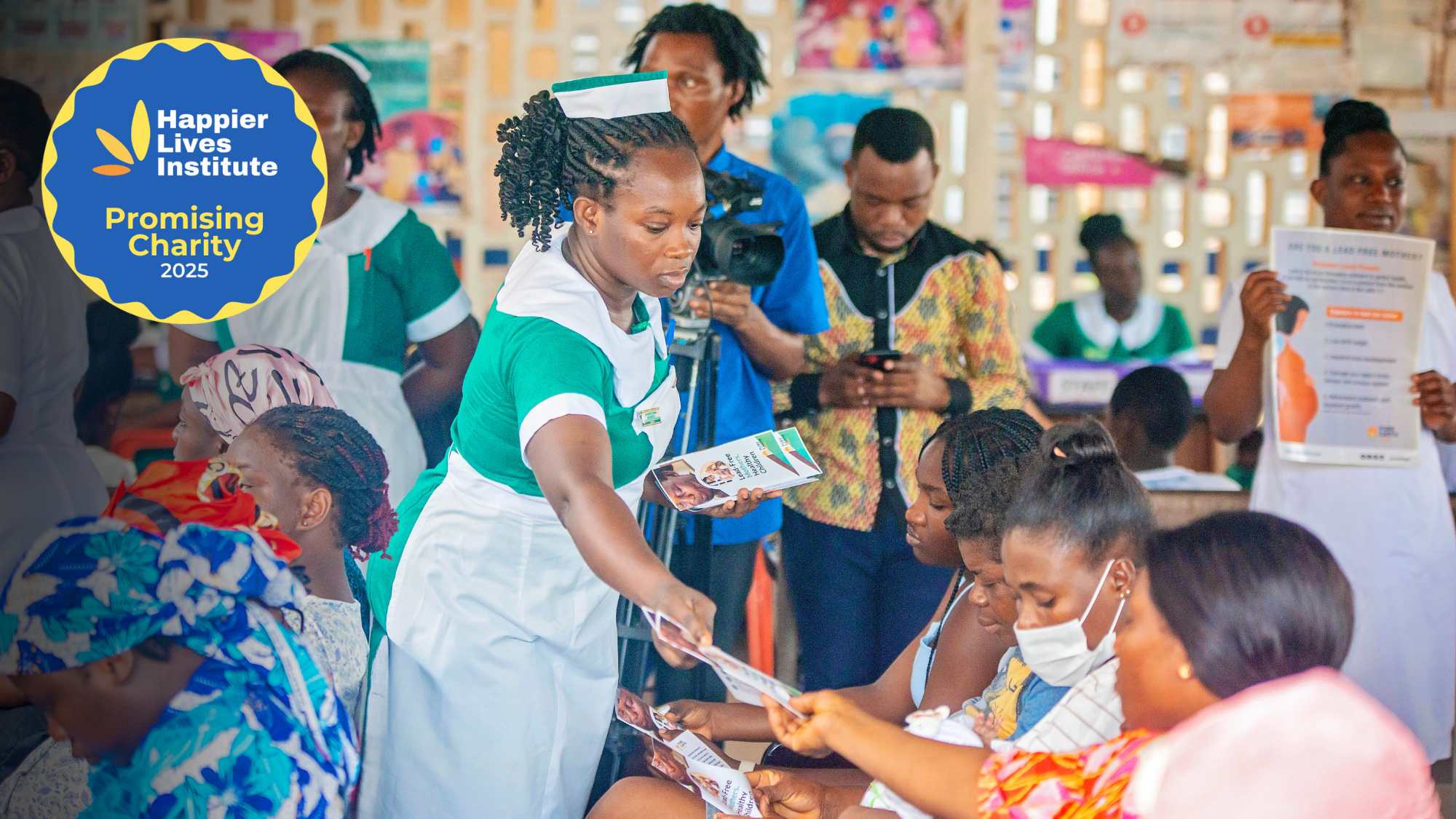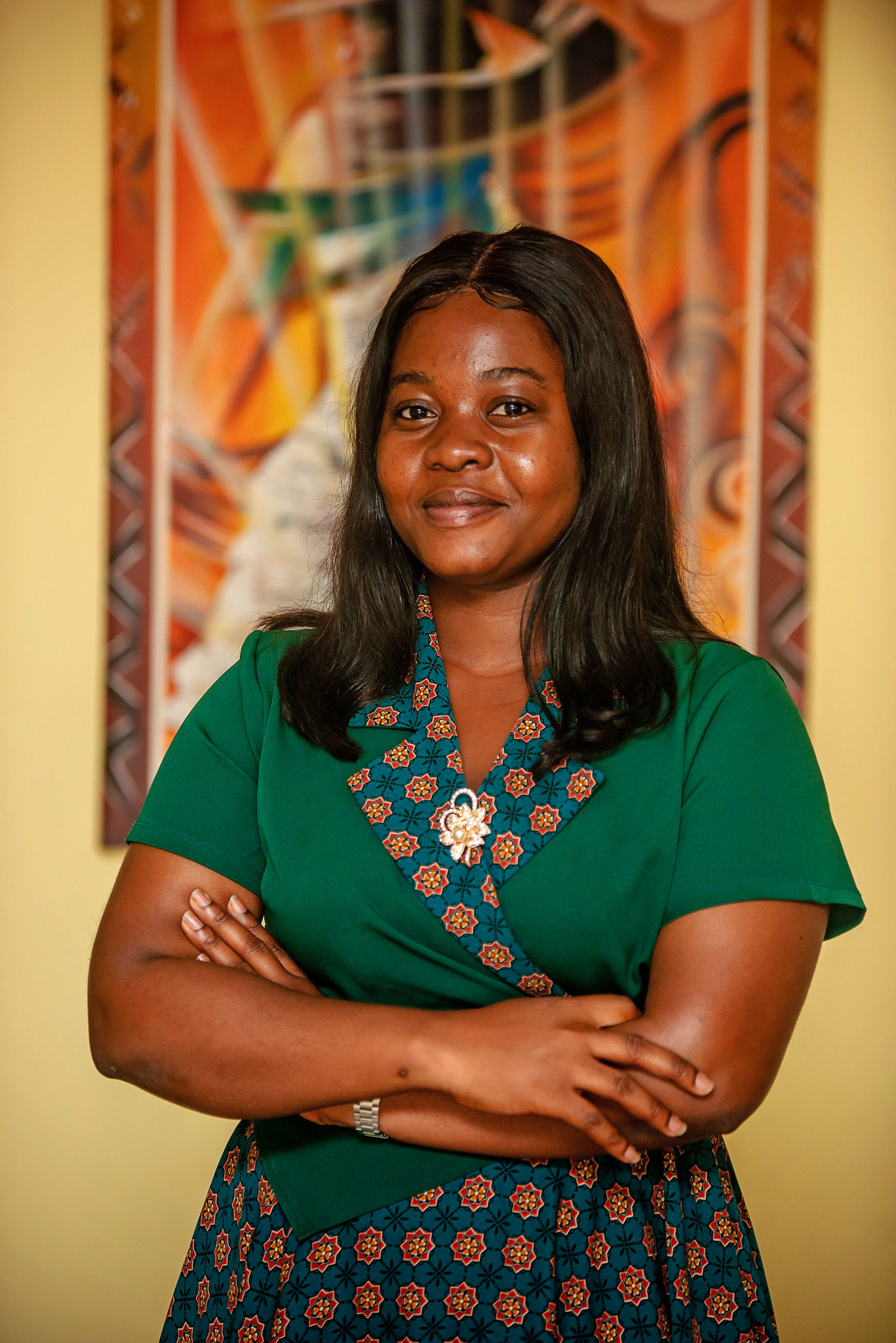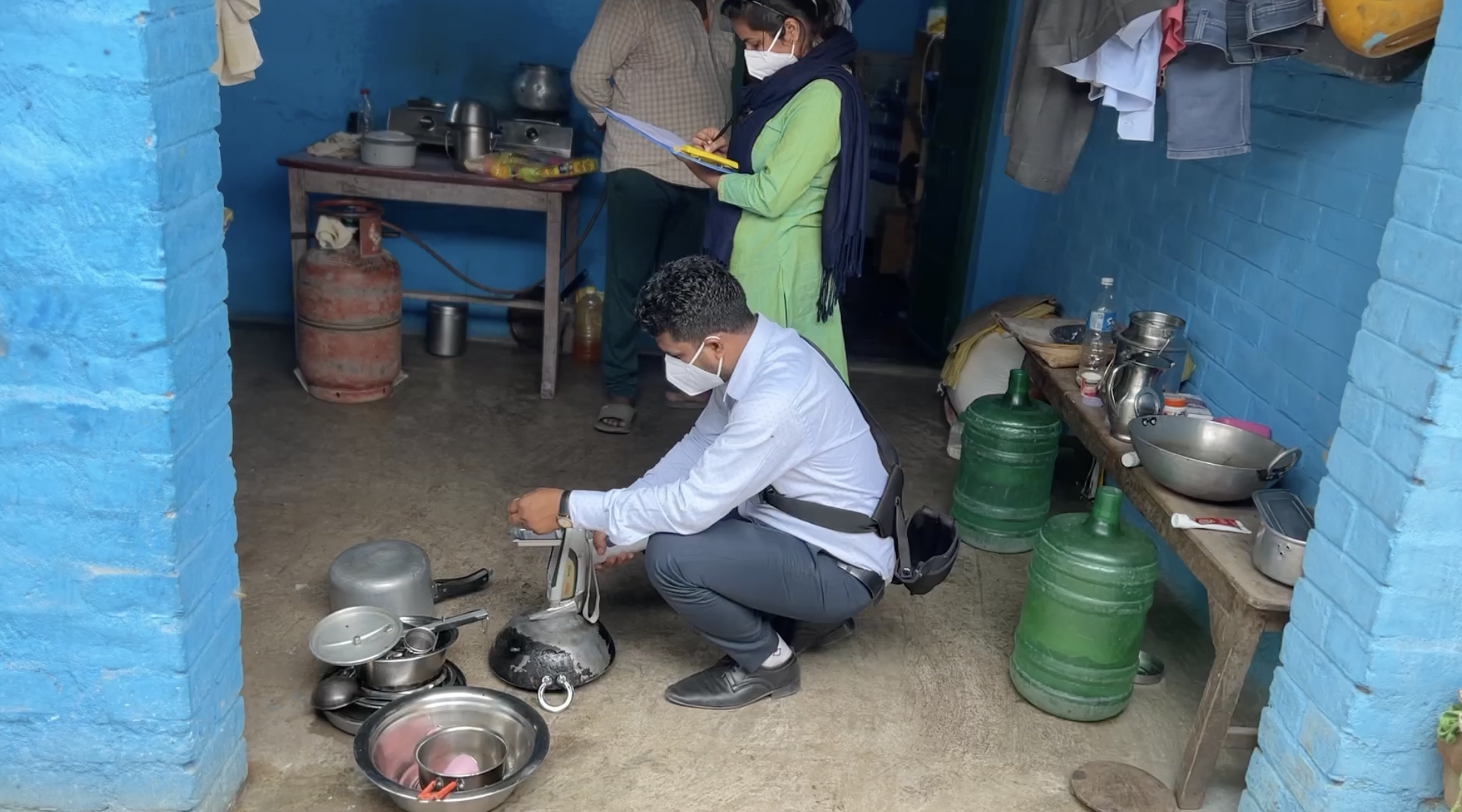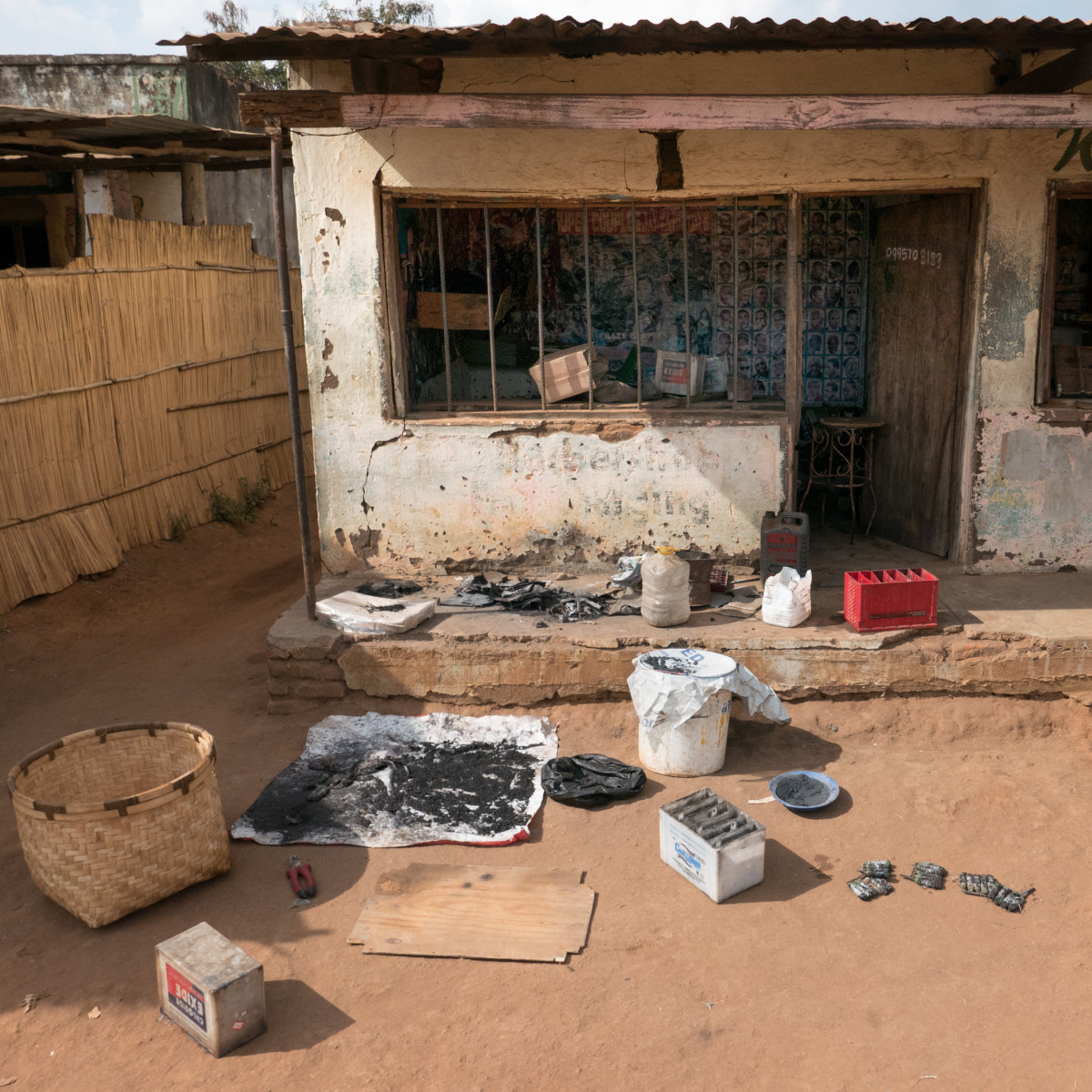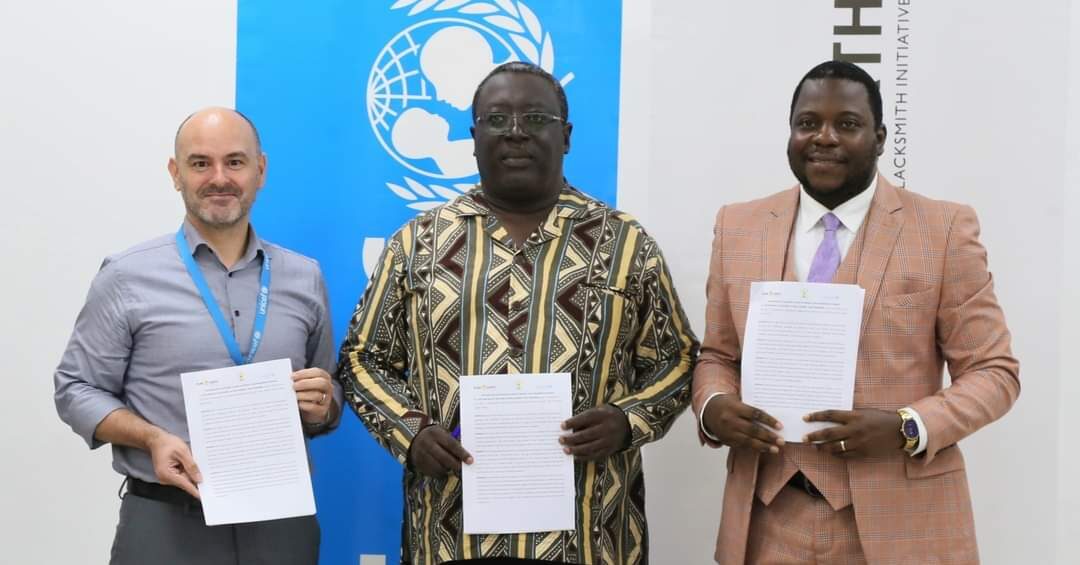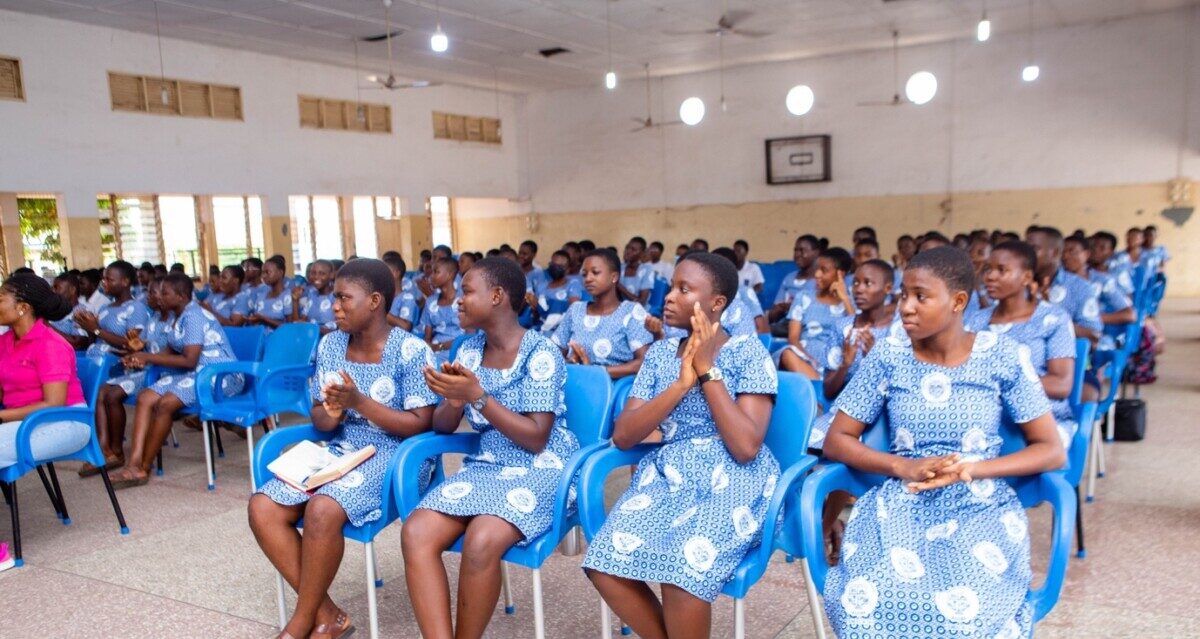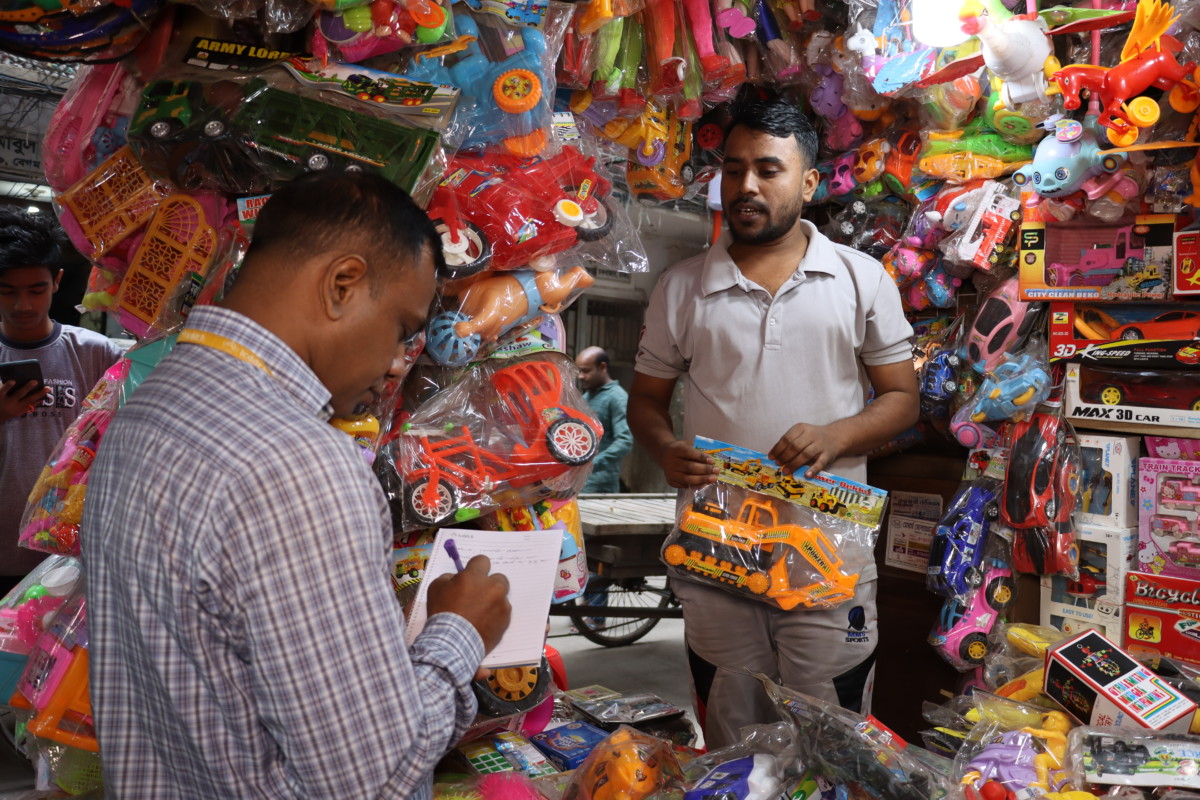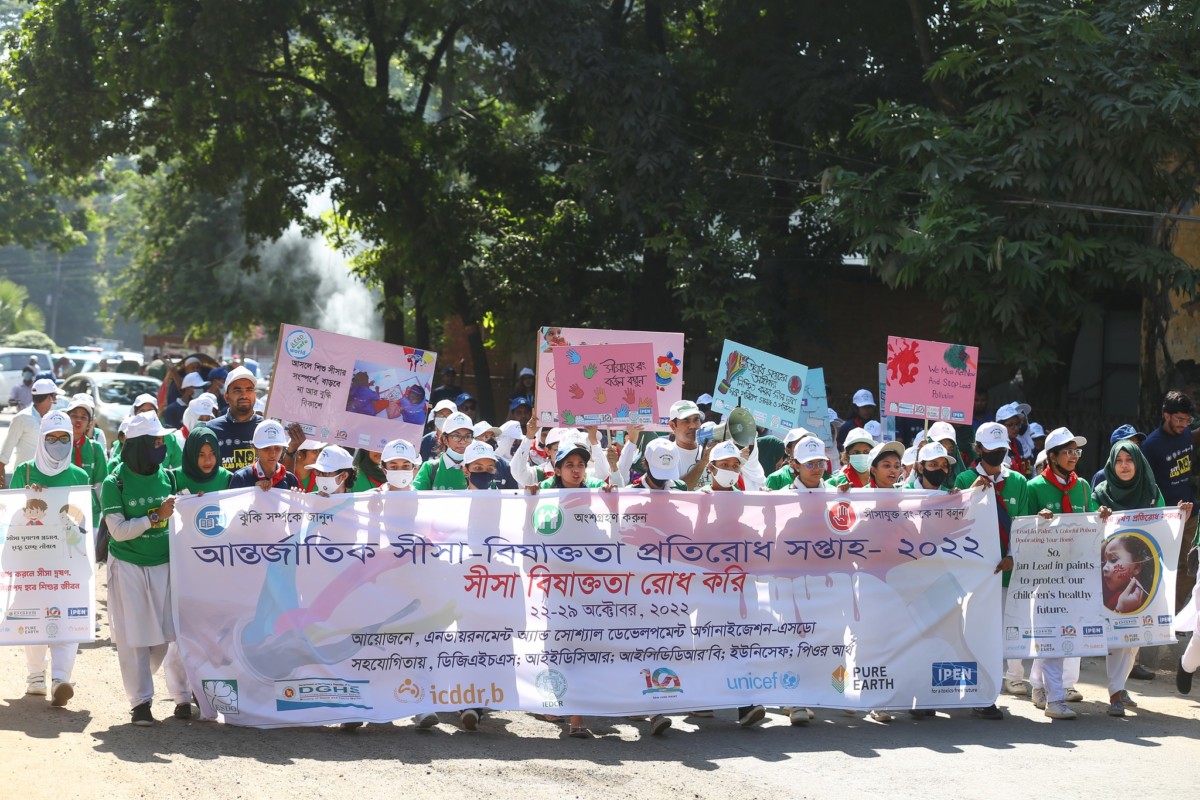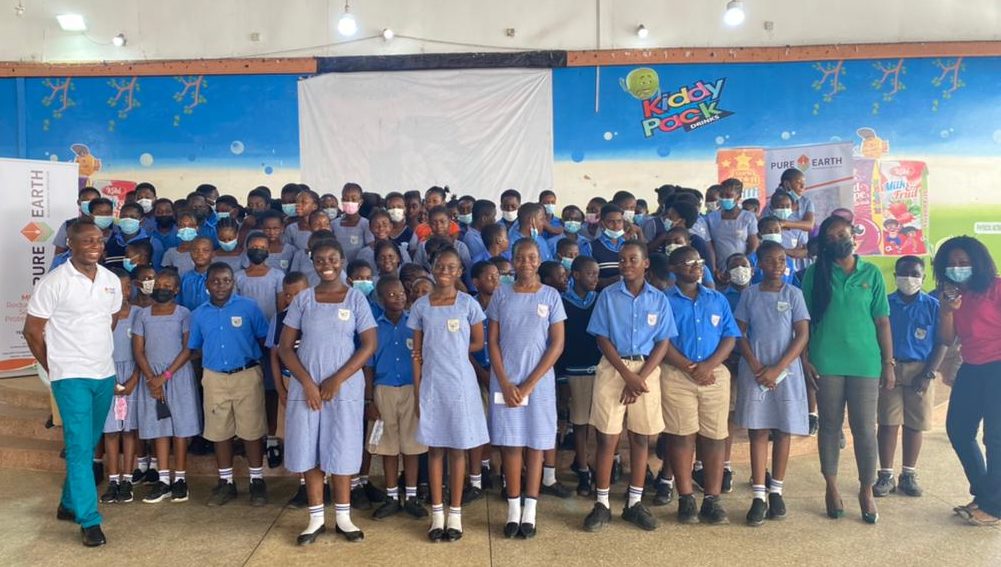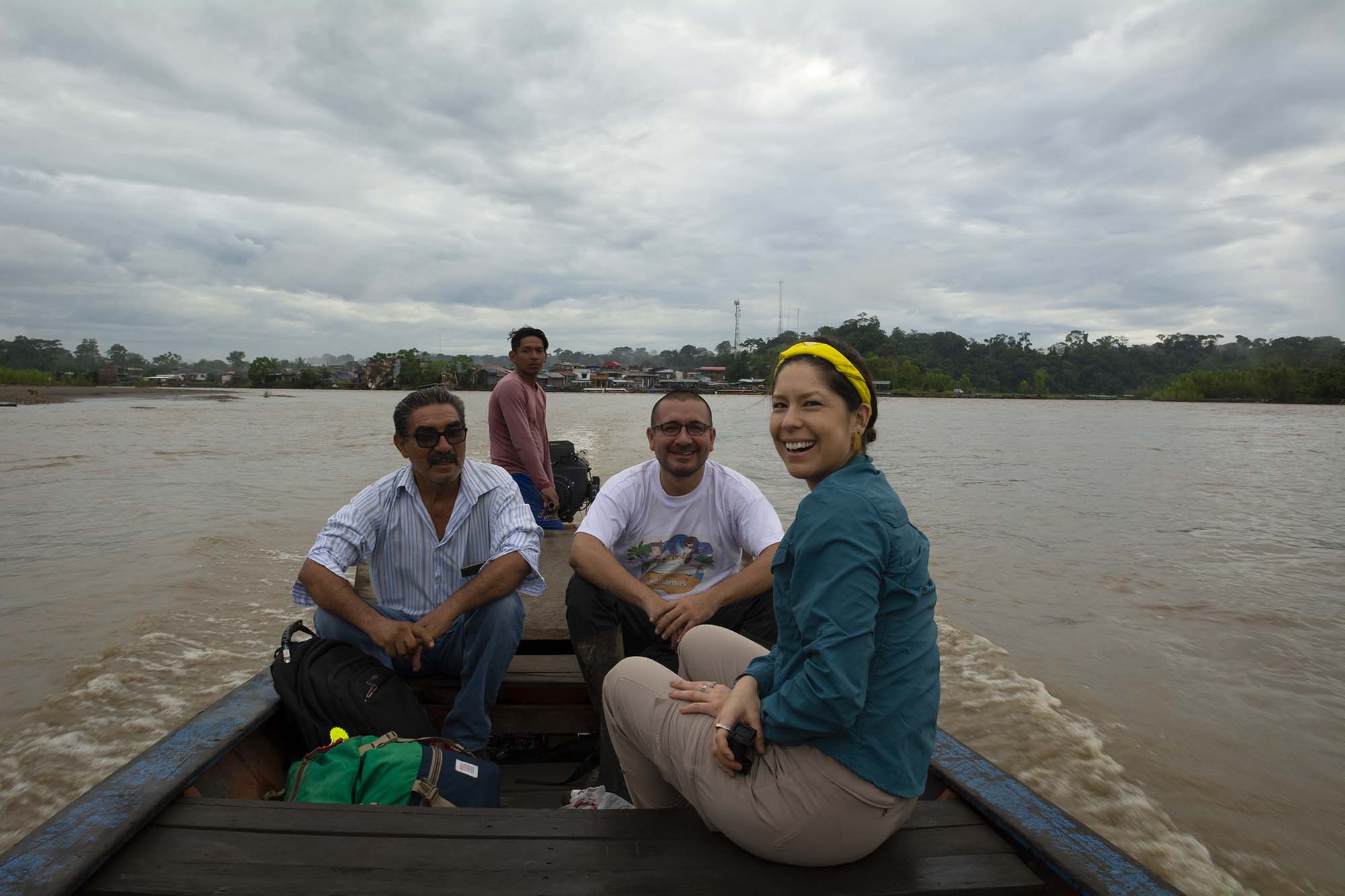Pure Earth Named Most Cost-Effective Charity for Improving Wellbeing in the World Happiness Report 2025
In a chapter in this year's World Happiness Report on effective giving, the Happier Lives Institute (HLI) ranks Pure Earth as the most cost-effective charity for improving the wellbeing of others. This is the first global review of published evidence...
